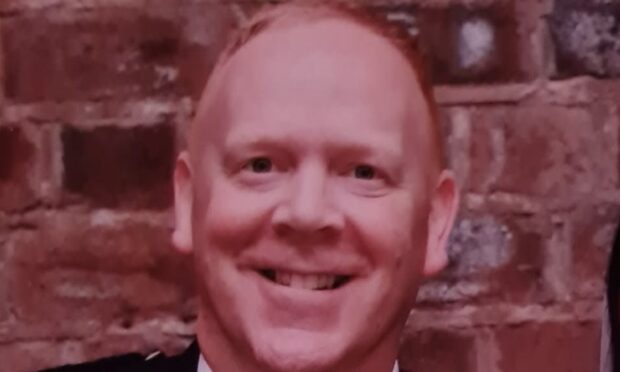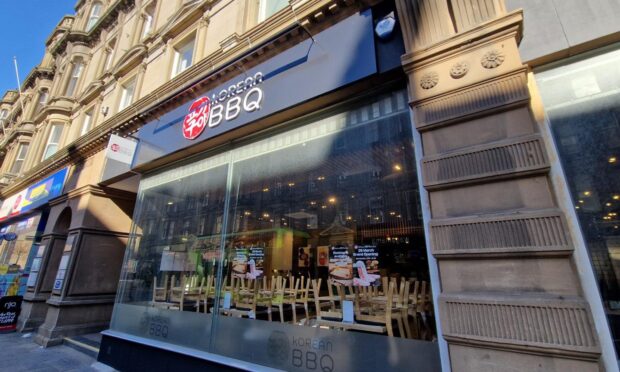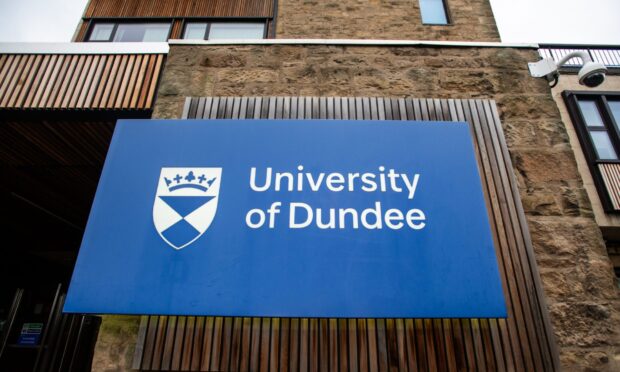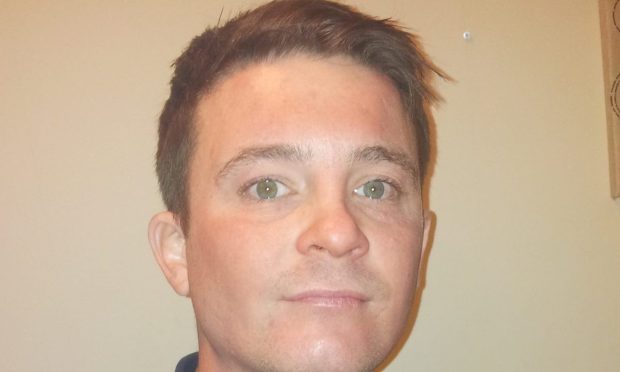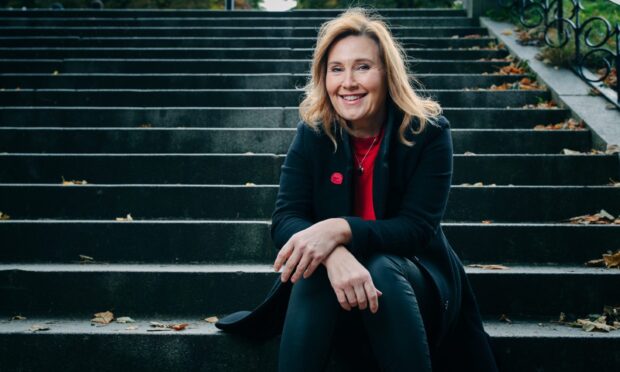Overdose survivors are being offered immediate help to get clean as part of radical new measures to reduce the number of drug-related deaths in Dundee.
The Dundee Partnership, which brings together public sector organisations, has now published its response to the Dundee Drugs Commission report which came out in August.
Members of the partnership were told action is already under way to cut the number of drug-related deaths.
As part of the measures, front line staff are now reviewing information from the Scottish Ambulance Service every day so they can quickly identify drug users who have overdosed in order to offer them assistance.
There were 66 drug-related deaths in Dundee last year and there are fears the 2019 toll will be even greater.
The Dundee Partnership report, published on Friday, says the city requires more holistic drug treatment services.
It states: “We recognise that in the past when planning and structuring services, we have tended to consider substance use in isolation of the underlying issues that cause it, with not enough consideration to other vulnerability issues, including mental health, adverse childhood experiences (ACE) and gender-based violence.”
The Dundee Partnership also intends to introduce same-day prescribing, which would allow users to be put on the methadone programme immediately if they reach out for help.
In total, 12 priorities for organisations working with people affected by substance use have been agreed.
City Council leader John Alexander, chair of the Dundee Partnership, said: “None of us underestimate the size of the task at hand and the reality is that we cannot solve problems of this size overnight.
“I am pleased that work is already under way to help people suffering from the scourge of drugs.
“Recovery is an important component of this action plan and I am hopeful that we will be calling Dundee a City of Recovery in the future as this action plan takes full effect.”
Other projects that have started since August include specialist nurses in children and families services and an increase in the number of non-medical prescribers.
This is intended to provide faster access to treatment and ensure better support for families affected by drug abuse.
Meanwhile, recommendations from a separate report into the specific needs of women affected by substance and domestic abuse, who could also be involved in prostitution, will be put into place.
Simon Little, independent chairman of the Dundee Alcohol and Drug Partnership, said: “There are a lot of challenges, but I’m certain that this action plan will make a difference. In fact, things are already being done which are making a difference.
“We have a lot to learn from those with lived experience, carers and those on the front line delivering services. We must listen to their criticisms, listen to their ideas for improvements, and then solve our problems together.”
Eric Knox, chief executive of Dundee Volunteer and Voluntary Action, said: “I have seen a willingness from everyone involved to radically rethink the whole system of care since the Drug Commission first met over a year ago.
“We are at the start of a long journey and it’s vitally important that the pace of change is maintained going forward.”
